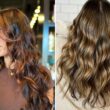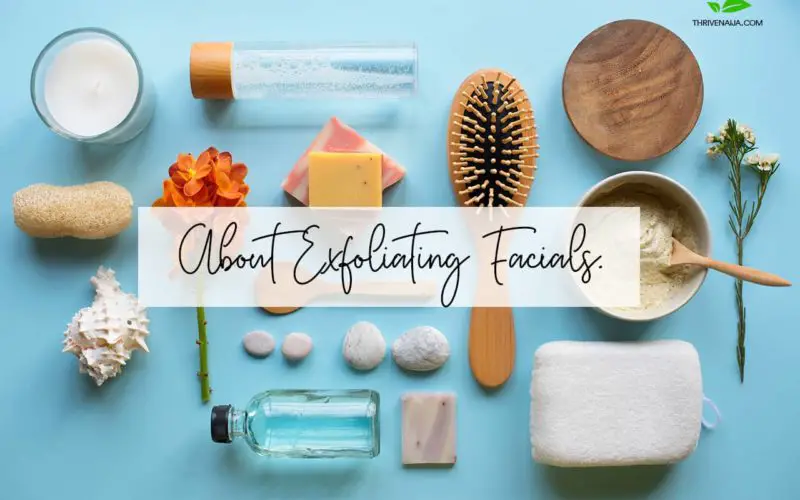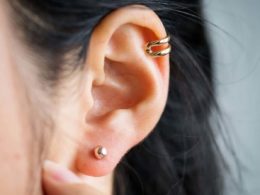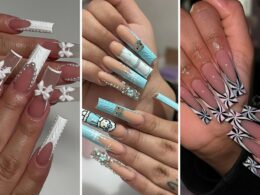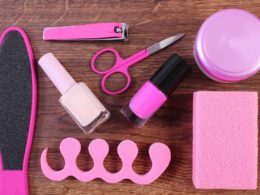First time hearing of exfoliating facials? What does facial exfoliation mean?
To get that smooth soft skin, we all need to get that outer layer out every now and then, the dry skin layer and the dead skin cells through exfoliation.
Every beauty fanatic should do this regularly to their skin especially the face, although there are limits.
Have you tried exfoliating facials before? Anyway spa days are about to change with a new addition of facial exfoliation to your spa checklist. Before we dish everything about exfoliating your face out, let’s answer a question that may be lingering around your mind.
What is an Exfoliating Facial?
Exfoliation is a cosmetological practice that involves the removal of the oldest dead skin cells (epidermal layer of the skin) using exfoliants or abrasives.
Exfoliation is very necessary to improve the effectiveness of your regular skin care routine and it should be a favorite skincare step as it helps to promote blood circulation and a regular exfoliation habit increase the skin’s radiance, clarity, and youthfulness.
Removing these dead skin cells prevents your skin cells from being clogged. Exfoliation can be achieved in two ways and they are either mechanically or chemically.
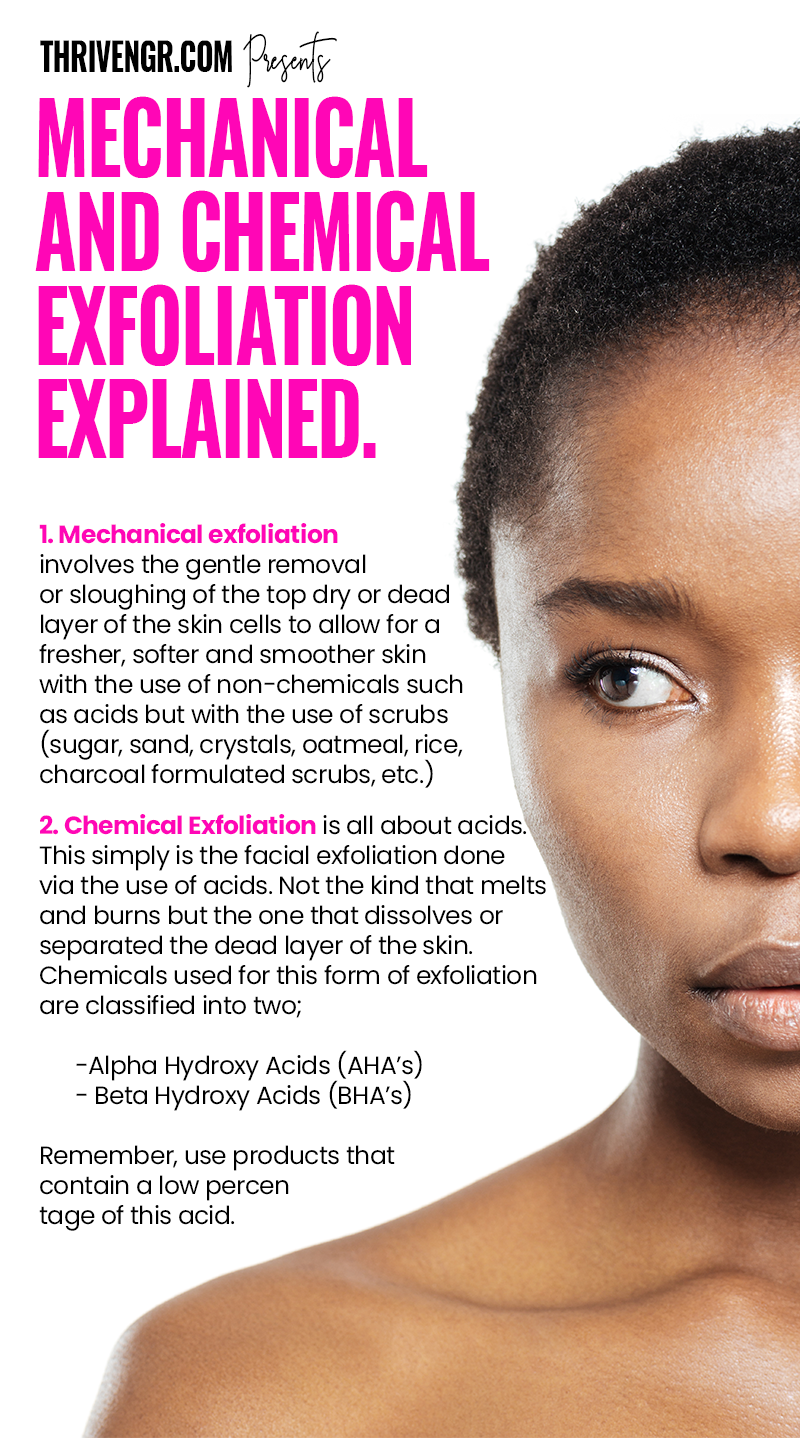
1. Mechanical Exfoliation Explained
Mechanical exfoliation involves the gentle removal or sloughing of the top dry or dead layer of the skin cells to allow for a fresher, softer and smoother skin with the use of non-chemicals such as acids but with the use of scrubs (sugar, sand, crystals, oatmeal, rice, charcoal formulated scrubs, etc.)
Cleansing wipes, dermabrasion, micro-dermabrasion and so on are not excluded in mechanical exfoliation.
The ingredients in the formulations or products for mechanical exfoliation are often coarse. For sensitive skin, it is advisable to use less coarse-textured products or formulations.
Most times, there is always a physical instrument such as a brush, a washcloth or a sponge to aid the process of exfoliation. When exfoliating mechanically scrub the skin slowly and softly so a snot to cause invisible or visible tears on the skin.
2. What is Chemical Exfoliation?
Its all about acids. This simply is the facial exfoliation done via the use of acids.
Not the kind that melts and burns but the one that dissolves or separated the dead layer of the skin. Chemicals used for this form of exfoliation are classified into two;
- Alpha Hydroxy Acids (AHA’s)
- Beta Hydroxy Acids (BHA’s)
I. Alpha Hydroxy Acids (AHA’s)
The common examples include Glycolic acid, Mandelic acid, Lactic acid, citric acid etc.
Lactic acid is the most gentle of them all and so it’s suitable for sensitive skin because it doesn’t really travel far into the skin as other AHA’s do. Glycolic acids are the most common AHA’s in stores and they travel deep into the skin.
Alpha hydroxy acids are perfect for anti-aging, they leave the skin firmer and plumper, they reduce fine lines and wrinkles on the skin and this is as a result of their ability to boost the production of collagen. It is safe to use products with low concentrations of these acids.
II. Beta Hydroxy Acid’s (BHA’S)
This works amazingly for acne. Using Beta hydroxy acids is a good place to start especially if you’ve got oily skin.
The major BHA used in cosmetology is Salicylic Acid, you should have seen this in that acne cream at the store (if you saw any cream in any store). When used regularly, salicylic acid not only unclogs pores and helps clear acne, but it also prevents new acne and blackheads from forming.
Additionally, it can correct dark spots without irritating your skin because it’s derived from willow bark (the same tree where aspirin is gotten from), which has some topical anti-inflammatory benefits.
Salicylic acid could dry out the skin a bit, that is why it is important to use a moisturizer alongside.
Remember, use products that contain a low percentage of this acid.
What Are The Limits to Exfoliating Facials?
While some people believe that this improves the appearance of their skin, it’s not for everyone and if not done properly could do more harm than good. Exfoliating twice weekly is cool and safe on the average.
If you choose to exfoliate, it’s important to do so safely so that it does not damage your skin or lead to increased redness or acne breakouts.
Since every type of exfoliation may not work for every skin type, it’s important to consider your skin type before choosing an exfoliation method:
-
Exfoliating A Sensitive skin
Sensitive skin may sting or burn after product use especially when it comes to chemical exfoliation.
It is important to pay attention to what is going on the skin. It would be of help to contact a dermatologist before making a decision on how and what to exfoliate with.
-
Exfoliating A Normal skin
Normal skin is clear and not sensitive. All hail the lucky ones. Scrubs and enzyme-based exfoliants are appropriate for normal skin. However, harsh scrubs should be avoided.
-
Exfoliating A Dry skin
Dry skin is flaky, itchy or rough.
For individuals with dry skin, it is advisable to constantly use a moisturizer with their exfoliant. Exfoliation shouldn’t be as frequent as with individuals with other skin types. Exfoliating once a month is just fine.
-
Exfoliating A Oily skin
Oily skin is shiny and greasy. A scrub (mechanical exfoliation) is suitable for this skin type.
Oily skin should not be over-exfoliated as it will make the skin dry and dehydrated which causes more oil production (this could make you prone to acne).
-
Exfoliating The Combination Of All The Types of Skins Mentioned Above
Combination skin is dry in some areas and oily in others. Fruit exfoliators are key in managing combination skin.
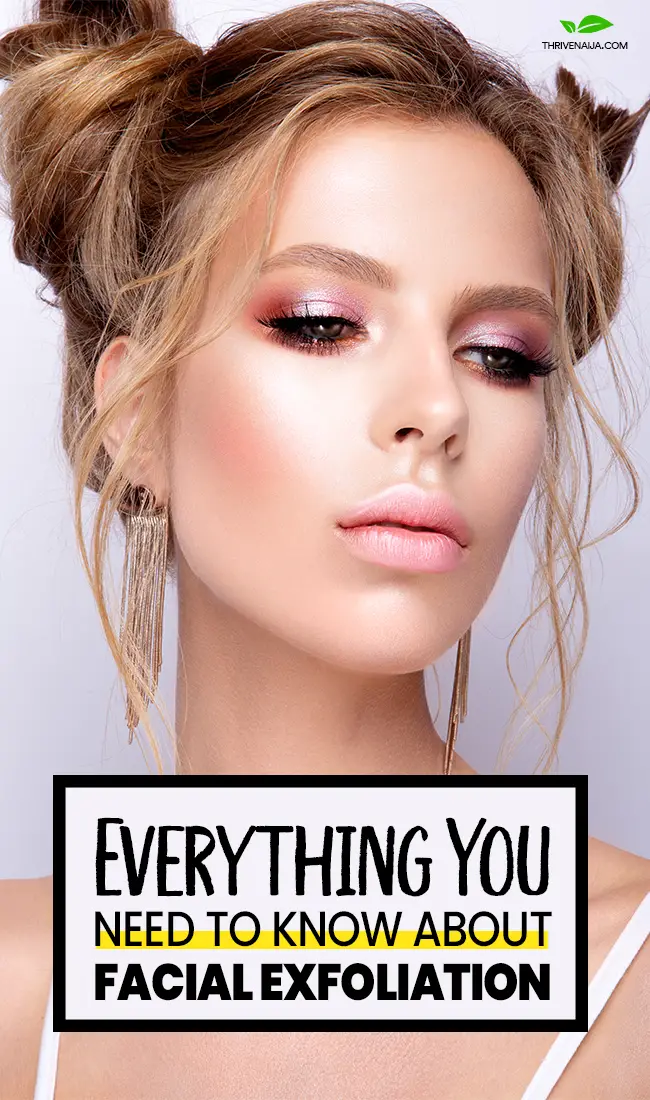
What else do you need to know Facial Exfoliation?
Skin (facial) exfoliation is essential for skin care. Here are some extra tips to get optimum results from exfoliation;
- Exfoliate your skin at night.
- Rinse your face with lukewarm water and not hot water after exfoliation.
- Replenish your skin with essential oils if you exfoliate frequently.
- Exfoliate your feet.
- Exfoliate your lips too. Do not forget them.
- If you accidentally over exfoliate, do not exfoliate for about a week or more.
Found these helpful? You’ll love the six not often talked about skin care hacks mentioned in this post.



